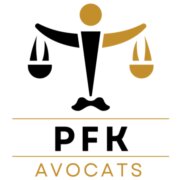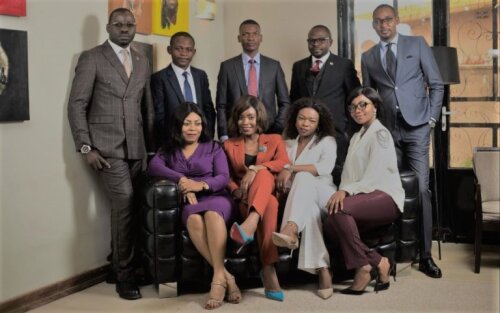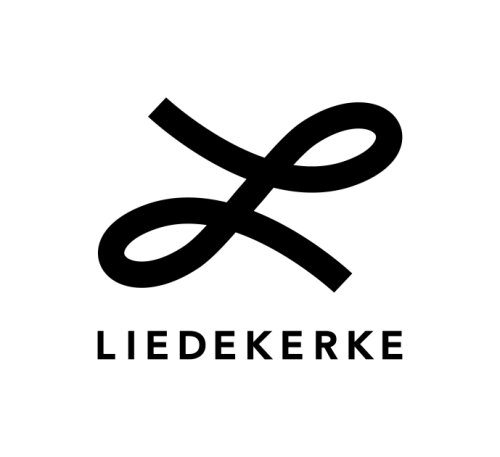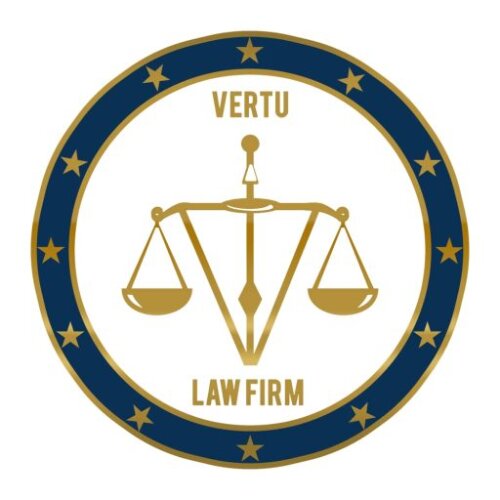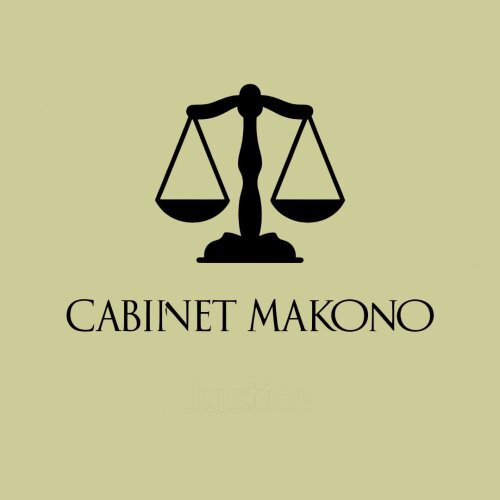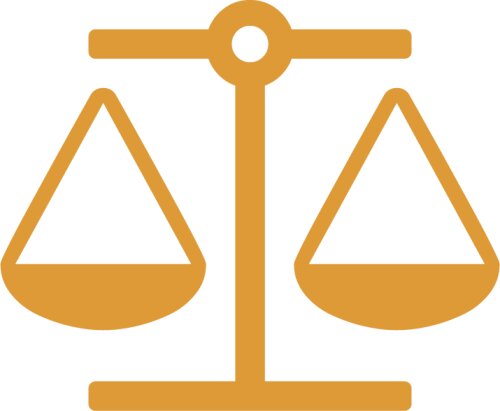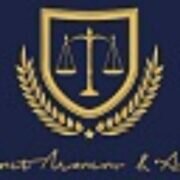Best Landlord & Tenant Lawyers in DR Congo
Share your needs with us, get contacted by law firms.
Free. Takes 2 min.
Free Guide to Hiring a Real Estate Lawyer
Or refine your search by selecting a city:
List of the best lawyers in DR Congo
About Landlord & Tenant Law in DR Congo
Landlord & Tenant law in DR Congo governs the relationships between landlords and tenants regarding rental properties. These laws outline the rights and responsibilities of both parties and provide guidelines for resolving disputes.
Why You May Need a Lawyer
You may need a lawyer in Landlord & Tenant situations in DR Congo for various reasons, such as drafting or reviewing rental agreements, handling eviction proceedings, resolving disputes over deposit refunds, or seeking legal recourse for breach of contract.
Local Laws Overview
Key aspects of Landlord & Tenant law in DR Congo include regulations on rent increases, maintenance of the rental property, eviction procedures, security deposits, and tenant rights. It is important to be aware of these laws to protect your interests as either a landlord or a tenant.
Frequently Asked Questions
1. Can a landlord increase the rent arbitrarily?
No, landlords in DR Congo must follow the legal procedures for rent increases, which may involve providing notice to tenants in advance and obtaining approval from relevant authorities.
2. What are the obligations of landlords regarding property maintenance?
Landlords are responsible for ensuring that the rental property is habitable and meets all health and safety standards. This includes addressing necessary repairs and maintenance issues promptly.
3. How can a tenant terminate a lease agreement early?
Tenants may be able to terminate a lease early under certain circumstances, such as for health or safety reasons or if the landlord breaches the terms of the agreement. It is important to follow the proper procedures outlined in the law.
4. Can a landlord evict a tenant without proper cause?
No, landlords in DR Congo must have valid reasons for evicting a tenant, such as non-payment of rent or breach of the lease agreement. Proper eviction procedures must be followed to protect the rights of tenants.
5. Are security deposits refundable?
Security deposits are typically refundable in DR Congo, as long as the tenant has fulfilled all their obligations under the lease agreement and there are no damages to the property beyond normal wear and tear.
6. Can a tenant sublet the rental property to someone else?
Subletting the rental property may be allowed with the landlord's permission, but it is important to review the terms of the lease agreement and seek approval before subletting to avoid potential legal issues.
7. What are the rights of tenants in terms of privacy?
Tenants have the right to privacy in their rental property, and landlords must provide advance notice before entering the premises for inspections or repairs, except in cases of emergencies.
8. Can a tenant withhold rent for repairs that the landlord has not completed?
Tenants may have the right to withhold rent for necessary repairs that the landlord has failed to address after proper notice. However, this should be done in compliance with legal procedures to avoid breaching the lease agreement.
9. How long does a landlord have to return the security deposit after the tenant moves out?
Landlords in DR Congo are typically required to return the security deposit to the tenant within a reasonable time frame, usually within a specified period after the end of the lease agreement, minus any deductions for damages or unpaid rent.
10. What can tenants do if they believe their rights have been violated by the landlord?
If tenants believe their rights have been violated by the landlord, they should document the issues, communicate their concerns in writing, and seek legal advice to explore their options for resolving the dispute, such as filing a complaint with housing authorities or taking legal action.
Additional Resources
For more information on Landlord & Tenant law in DR Congo, you can contact the Ministry of Housing and Urban Development or seek assistance from local legal aid organizations specializing in housing rights.
Next Steps
If you require legal assistance in Landlord & Tenant matters in DR Congo, consider reaching out to a qualified lawyer with experience in this area of law. They can provide guidance on your rights and options for resolving any issues that may arise during your tenancy.
Lawzana helps you find the best lawyers and law firms in DR Congo through a curated and pre-screened list of qualified legal professionals. Our platform offers rankings and detailed profiles of attorneys and law firms, allowing you to compare based on practice areas, including Landlord & Tenant, experience, and client feedback.
Each profile includes a description of the firm's areas of practice, client reviews, team members and partners, year of establishment, spoken languages, office locations, contact information, social media presence, and any published articles or resources. Most firms on our platform speak English and are experienced in both local and international legal matters.
Get a quote from top-rated law firms in DR Congo — quickly, securely, and without unnecessary hassle.
Disclaimer:
The information provided on this page is for general informational purposes only and does not constitute legal advice. While we strive to ensure the accuracy and relevance of the content, legal information may change over time, and interpretations of the law can vary. You should always consult with a qualified legal professional for advice specific to your situation.
We disclaim all liability for actions taken or not taken based on the content of this page. If you believe any information is incorrect or outdated, please contact us, and we will review and update it where appropriate.
Browse landlord & tenant law firms by city in DR Congo
Refine your search by selecting a city.




